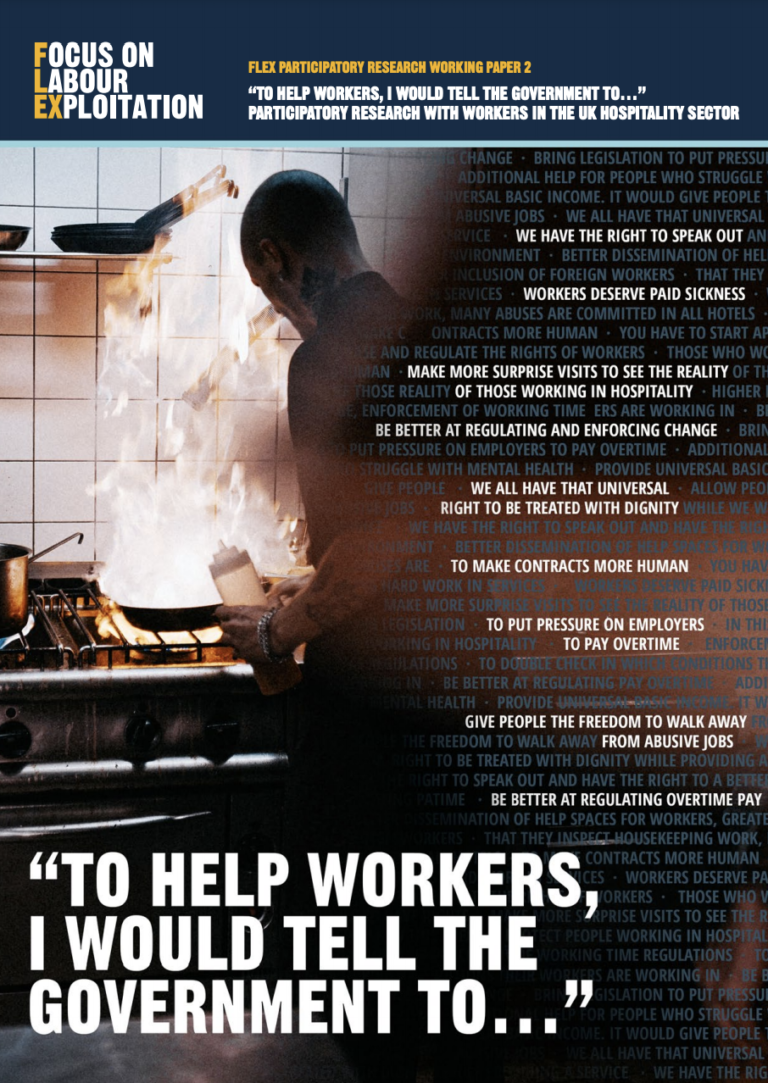FOSTERING COOPERATION BETWEEN THE PUBLIC AND PRIVATE SECTOR TO COUNTER TRAFFICKING IN PERSONS IN ASIA-PACIFIC
PublicationsOn 24–25 March 2021, the UNODC Civil Society Unit (CSU) and the Human Trafficking and Migrant Smuggling Section (HTMSS) with support from the Regional Office for Southeast Asia and the Pacific (ROSEAP) in Bangkok and the Regional office for South ...Read More

